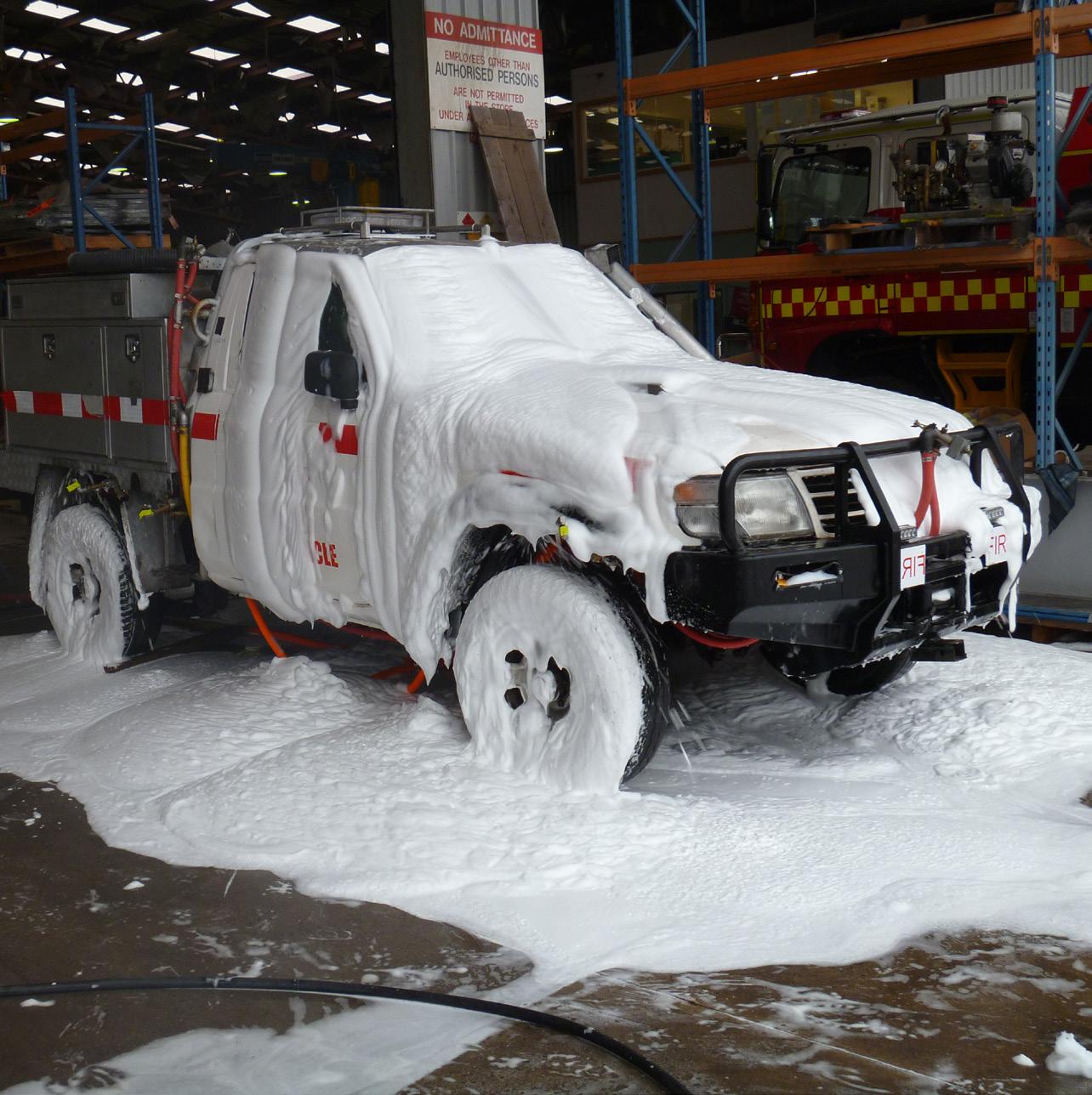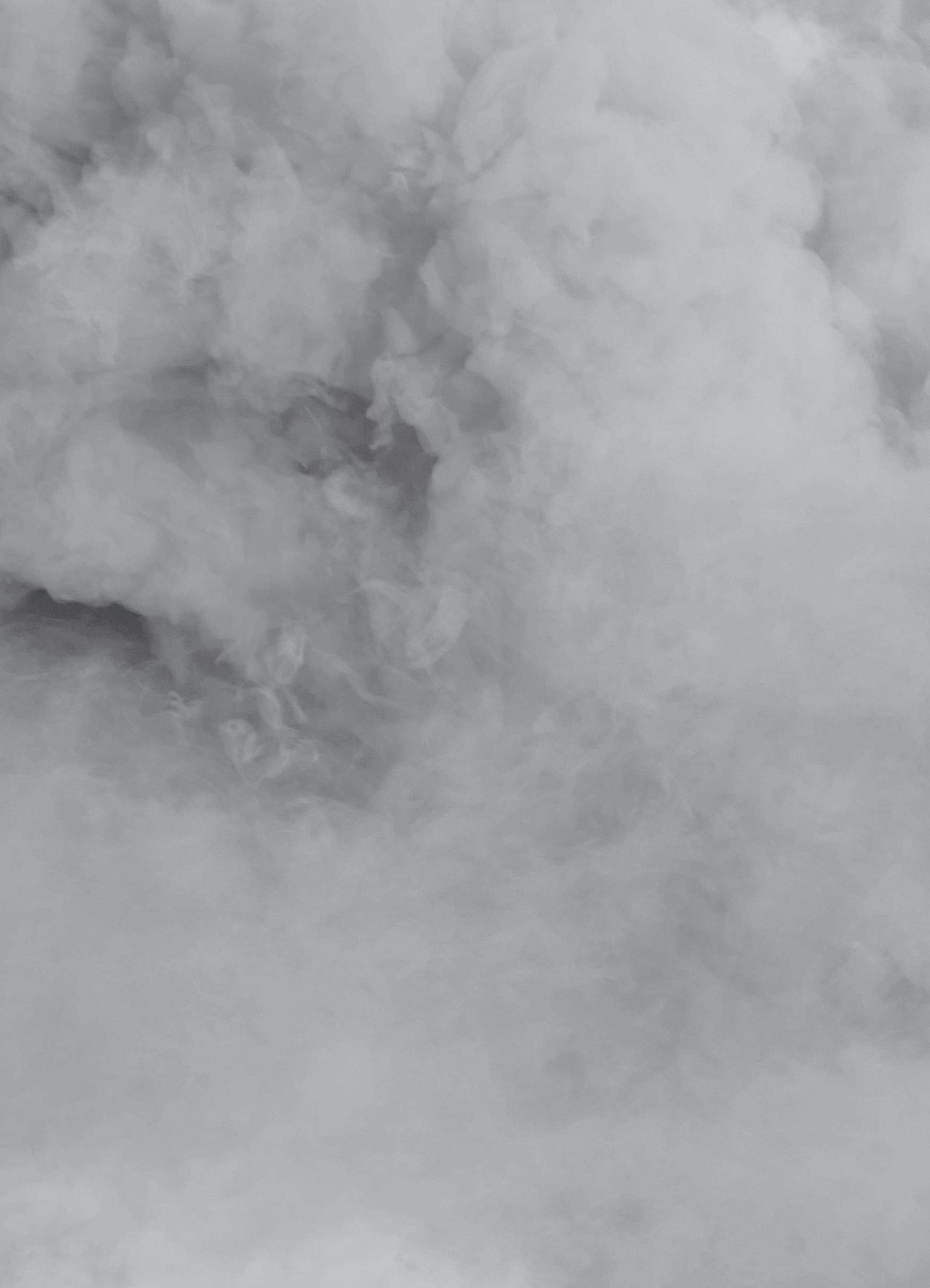MENTORING AND TRAINING
PASSING THE TORCH TO TOMORROW’S WILDLAND FIRE PROFESSIONALS:
THROUGH MENTORING, TRAINING AND PYROTOURISM Torch Miller gittin’ it done in the Florida pineywoods
BY STEVE MILLER AND JOHNNY STOWE
Culture and heritage are not just the past, but they are, as well, what we do today … and what we do today becomes the culture of tomorrow. We can and must carefully craft our cultures, keeping the best of the past as we adapt for the future.
34
wildfire
|
OCTOBER – DECEMBER 2020
When surveying a species you wish to see prosper, it is good to see plenty of mature adults, but just as or more important to see reproduction; without recruitment and also retention, when the older cohorts are gone, a population plummets. And restoring a population is a great deal harder than maintaining one. In today’s world of increasing socioecological complexity, the need to recruit wildland fire professionals (WFP) for the future is greater than ever. The current demand for WFP far exceeds supply, as is evidenced by regular intercontinental transfer of staff to manage large wildfires. As we venture into what Stephen Pyne has coined the Pyrocene Epoch, the increasing need for qualified, talented and productive professionals will continue. In “Challenges to Educating the Next Generation of Wildland Fire Professionals in the United States,” Kobziar et al. (2009) propose a career development paradigm. We use Kobziar’s model and others to describe recent and current professional pyropathways, and we propose ways to develop the women and men who are the future of wildland fire.













